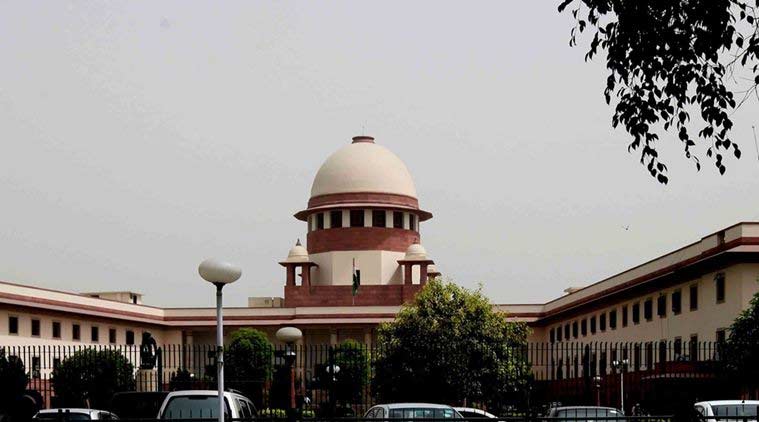 The underlining of this principle as part of what the court has called Constitutional morality is likely to have a bearing where courts are examining the issue of criminalising marital rape.
The underlining of this principle as part of what the court has called Constitutional morality is likely to have a bearing where courts are examining the issue of criminalising marital rape.
Unanimously striking down provisions of adultery under the Indian Penal Code (IPC), the Supreme Court said Thursday that “curtailing the sexual autonomy of a woman or presuming the lack of consent once she enters a marriage is antithetical to Constitutional values.”
The underlining of this principle as part of what the court has called Constitutional morality is likely to have a bearing where courts are examining the issue of criminalising marital rape.
Without directly delving into the issue of marital rape, Justice D Y Chandrachud observed that “any legislation which results in the denial” of Constitutional guarantees to women “cannot pass the test of constitutionality”.
Express Explained | Adultery case: How SC underlined women’s autonomy as facet of human dignity
“…. in adjudicating on the rights of women, the Court is not taking on a paternalistic role and “granting” rights. The Court is merely interpreting the text of the Constitution to re-state what is already set in ink — women are equal citizens of this nation, entitled to the protections of the Constitution. Any legislation which results in the denial of these Constitutional guarantees to women, cannot pass the test of Constitutionality,” he observed.
In a strong echo of this, Justice Indu Malhotra noted in her judgment that “any legislation which treats similarly situated persons unequally, or discriminates between persons on the basis of sex alone, is liable to be struck down as being violative of Articles 14 (equality) and 15 (prohibition of discrimination) of the Constitution, which form the pillars against the vice of arbitrariness and discrimination.”
Further, she said: “The time when wives were invisible to the law, and lived in the shadows of their husbands, has long since gone by. A legislation that perpetuates such stereotypes in relationships, and institutionalises discrimination is a clear violation of the fundamental rights guaranteed by Part III of the Constitution.”
Also read | Spotlight on Army Act after SC verdict on adultery
Currently, the Delhi High Court is hearing a clutch of petitions seeking to criminalise marital rape. The Centre had stated in its affidavit that whether a sexual act is marital rape or not will entirely rest with the wife. “The question is what evidences the courts will rely upon in such circumstances as there can be no lasting evidence in case of sexual acts between a man and his own wife,” the affidavit said.
In the four separate but concurring judgments today, the bench said Section 497 of the IPC was “unconstitutional” and fell foul of Article 21 (protection of life and liberty) and Article 14 under the Constitution. The court has also referred to “consent” in a marriage. It states that a woman, by marriage, “consents in advance to sexual relations with her husband or to refrain from sexual relations outside marriage without the permission of her husband is offensive to liberty and dignity” — such a notion has “no place in the constitutional order.”
In its 2017 affidavit to the Delhi HC, the Central government took a stand against criminalising marital rape on the grounds that “it may destabilize the institution of marriage apart from being an easy tool for harassing the husbands.”
It also stated: “As to what constitutes marital rape and what would constitute marital non rape needs to be defined precisely before a view on its criminalisation is taken.” It also cited the “rising misuse of Section 498A of IPC”, commonly known as the dowry law, to demonstrate how laws dealing with violence against women can be misused “for harassing the husbands”.
In Thursday’s judgment, Justice Chandrachud noted: “Sexual autonomy constitutes an inviolable core of the dignity of every individual. At the heart of the constitutional rights guaranteed to every individual is a primacy of choice and the freedom to determine one’s actions. Curtailing the sexual autonomy of a woman or presuming the lack of consent once she enters a marriage is antithetical to constitutional values.”